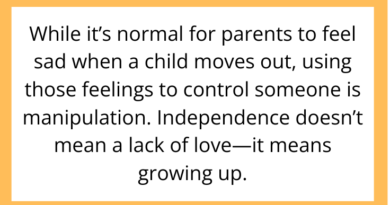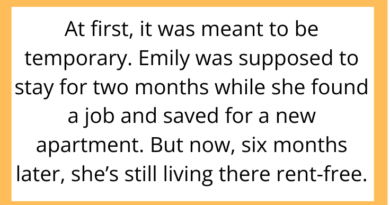AITAH for Refusing to Give My Seat to a Pregnant Woman on the Train After a 12-Hour Shift?
After a long day at work, the last thing most of us want is to be caught in a moral dilemma—but what happens when courtesy clashes with exhaustion? In this AITAH-inspired situation, a tired commuter’s decision to stay seated has sparked fierce debate. Was it selfish, or simply human?
Let’s unpack the scenario.
The Story: Exhausted and Under Pressure

A 26-year-old man—let’s call him Imran—shared his story on Reddit’s r/AITAH. Imran works grueling 12-hour shifts as a line cook in a busy restaurant. He commutes home by train and, on one particular evening, finally got a seat after standing for most of his ride for weeks.
Just two stops into the journey, a visibly pregnant woman boarded the train. The carriage was crowded, and no one else offered their seat. She looked around, clearly expecting someone to stand up. Her eyes landed on Imran.
But Imran didn’t move.
He nodded politely but kept his seat. Tired, sweaty, and sore, he felt he had earned his rest that day. The woman sighed and stood nearby, holding a pole.
Minutes later, another passenger muttered loudly, “Some people have no manners.” Others gave Imran judgmental glances. The guilt began to eat at him, but he stayed seated all the way home.
Now he’s asking Reddit: AITAH for not giving up my seat to a pregnant woman when I was utterly exhausted?
The Internet Responds: Ethics vs. Empathy

The post went viral, with thousands weighing in. The AITAH community had a wide range of opinions—but most fell into two clear camps.
“Yes, You’re the Villain” Camp

Some commenters argued that basic decency trumps discomfort.
-
“Pregnant people go through daily pain, too,” one commenter wrote. “Their health and safety should be a top priority.”
-
Another added, “You’re young, healthy, and male. That’s exactly who should give up a seat.”
This group believed that the ethical responsibility to protect a vulnerable person outweighs a tough day—even one that involves being on your feet for hours.
“No, You’re Not the Villain” Camp
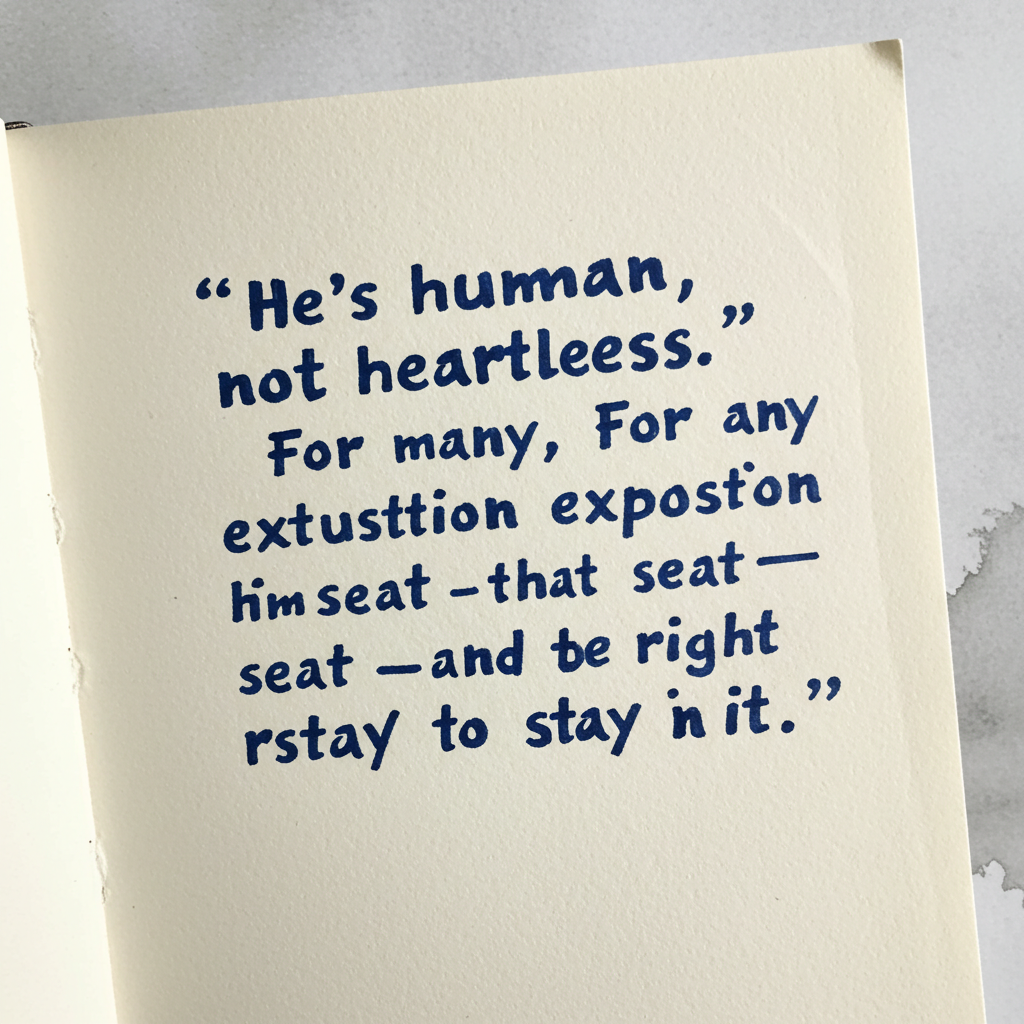
Others defended Imran fiercely.
-
“Twelve hours on your feet is brutal,” one commenter noted. “You’re not a monster for needing to sit. That’s what seats are for.”
-
“The real problem is that society expects only young men to sacrifice,” said another. “Why didn’t anyone else stand up?”
This camp emphasized the idea that kindness is voluntary, not mandatory—and that we shouldn’t shame people for reaching their limits.
The Deeper Debate: When Courtesy Isn’t So Simple
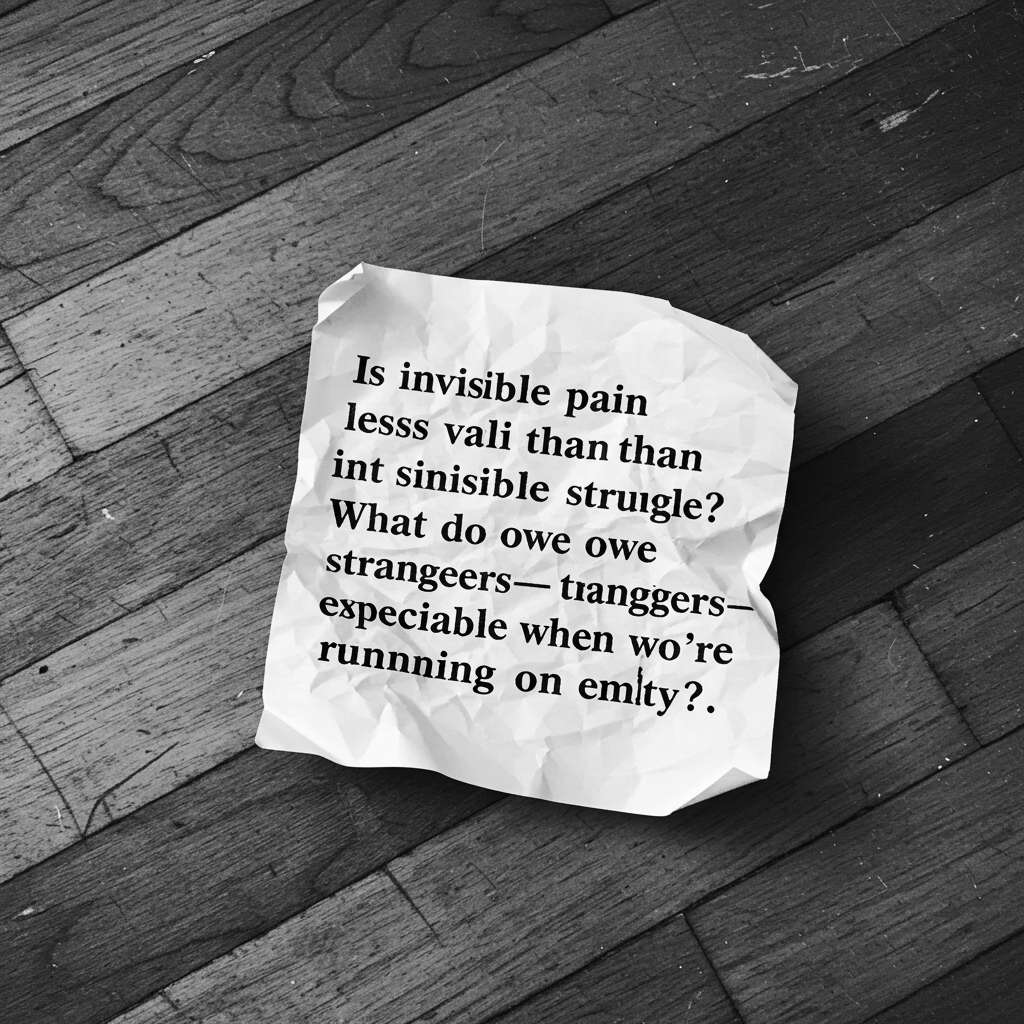
Who Deserves the Seat More?
This scenario brings up a tough question: how do we measure who deserves something more? A pregnant woman might be dealing with nausea, back pain, and fatigue. But Imran was physically drained, possibly dehydrated, and just trying to stay upright.
Is one pain more valid than the other?
It also raises the issue of societal pressure. Are men expected to be endlessly self-sacrificing? And should “invisible” exhaustion count as much as visible vulnerability?
The Social Contract of Public Transit
Unwritten rules govern public behavior. We’ve all seen signs urging passengers to offer seats to the elderly, disabled, or pregnant. But what happens when everyone is exhausted?
Public transit etiquette doesn’t account for nuance. It assumes that appearances tell the full story—and sometimes, they don’t.
Alternatives and Solutions
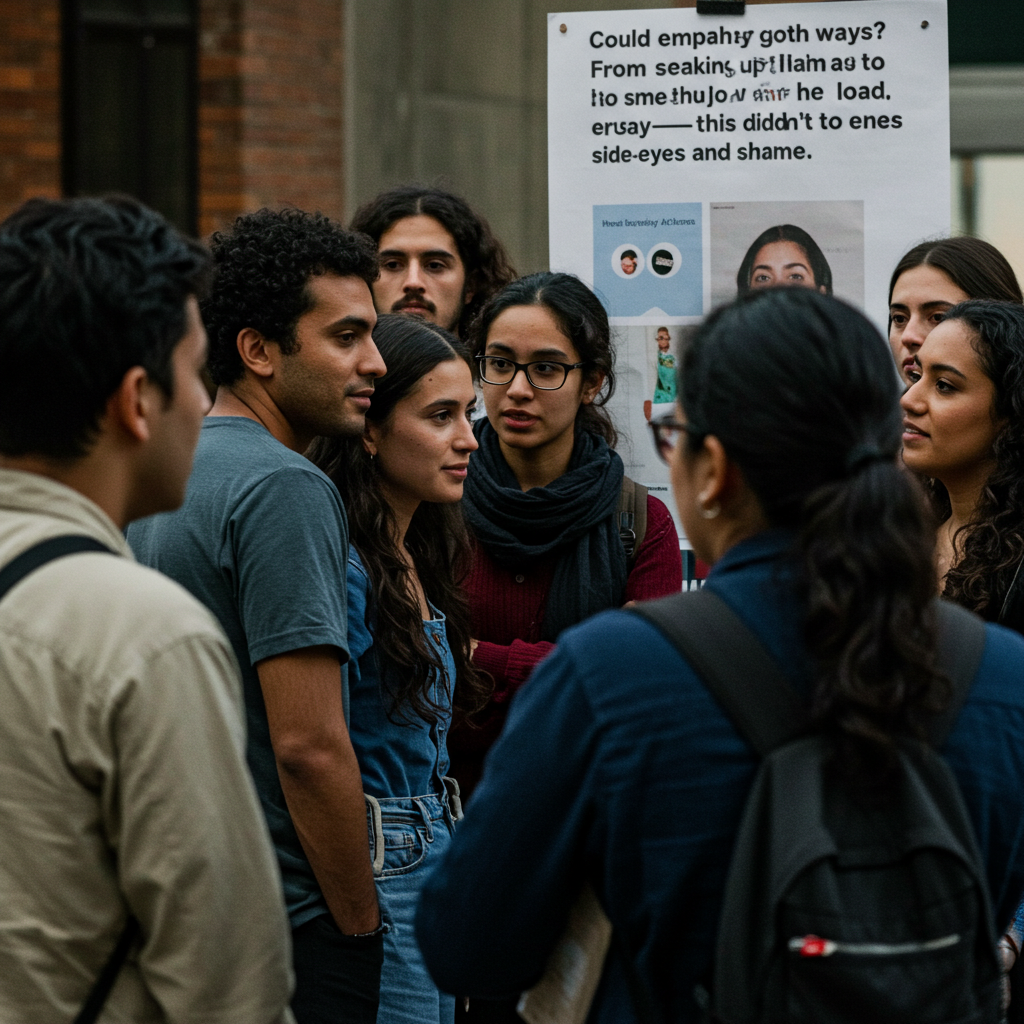
What Could Imran Have Done?
-
Communicate: Politely explain his situation. A simple, “I’m sorry, I just worked a 12-hour shift and feel faint,” might have changed perceptions.
-
Offer Support: If standing was too much, maybe offer to help steady her or hold her bag.
-
Shift the Focus: Ask out loud if someone else can offer a seat—sometimes that small nudge sparks action.
What Could Others Have Done?
-
Step in instead of judging. If another passenger saw the pregnant woman, they could have stood up.
-
Acknowledge that kindness is everyone’s responsibility—not just the young or male passengers.
The Verdict: It’s Complicated
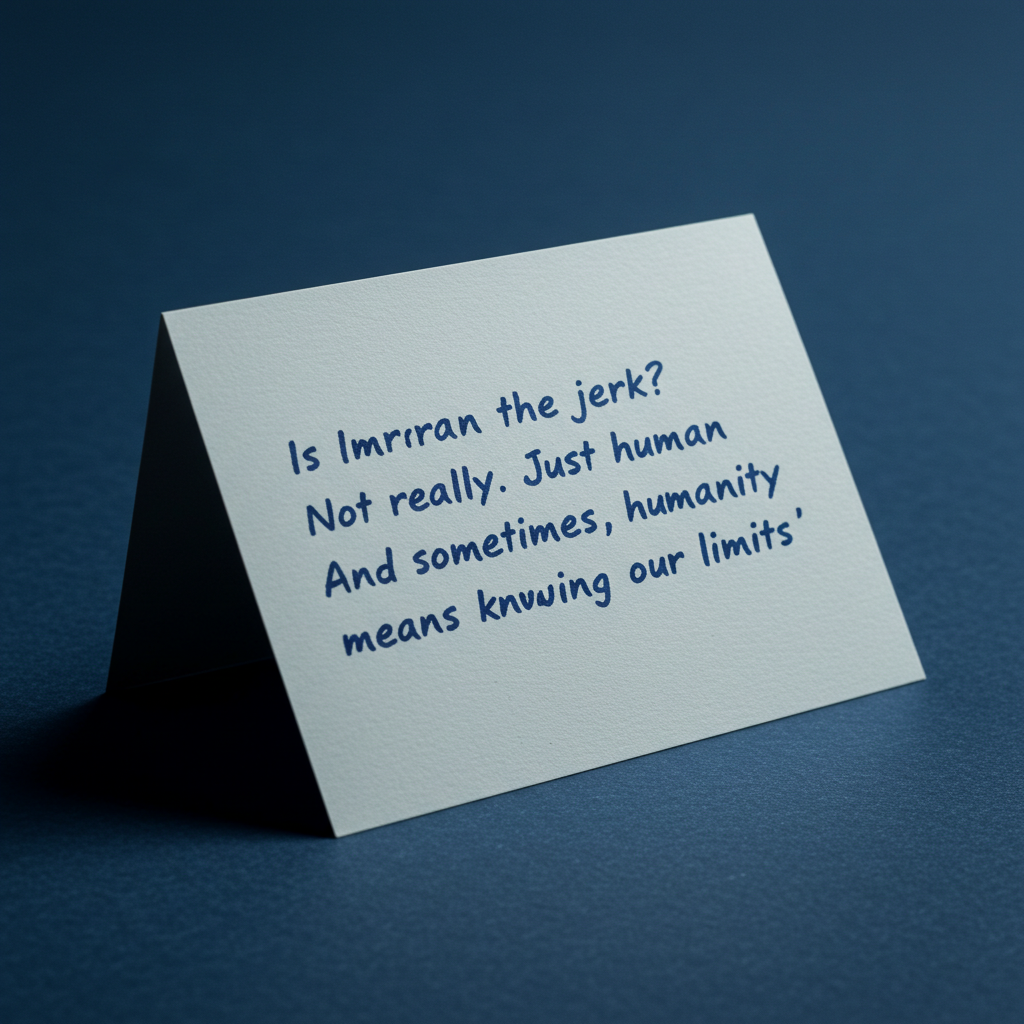
So, was Imran the villain?
Probably not.
Was the situation unfortunate? Absolutely.
Imran wasn’t cruel. He didn’t mock or ignore her—he was simply spent. And while giving up your seat to someone in need is the decent thing to do, it’s also a choice.
Exhaustion doesn’t always show on the outside. And assuming someone is selfish because they’re seated doesn’t account for the quiet battles they may be fighting inside.

